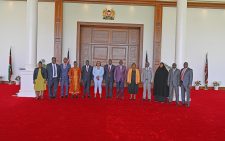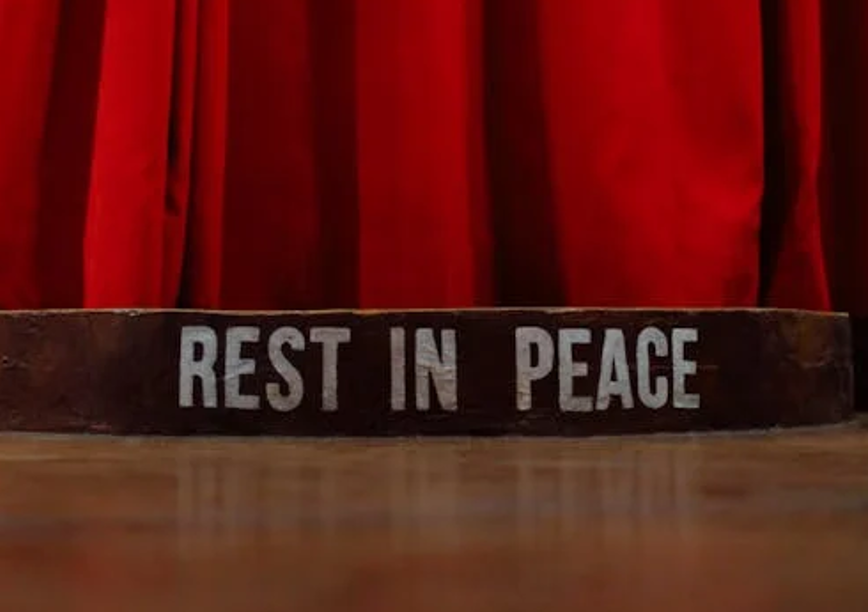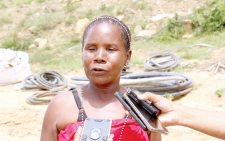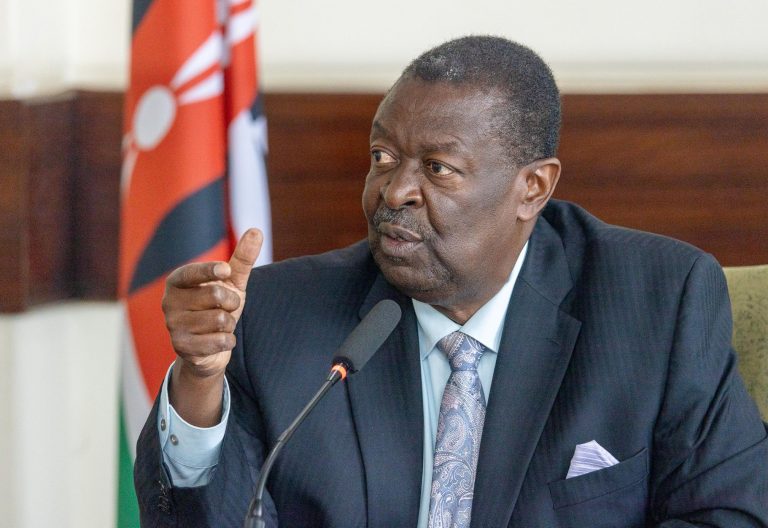We can’t set exam for 2,000 pupils, says KNEC boss
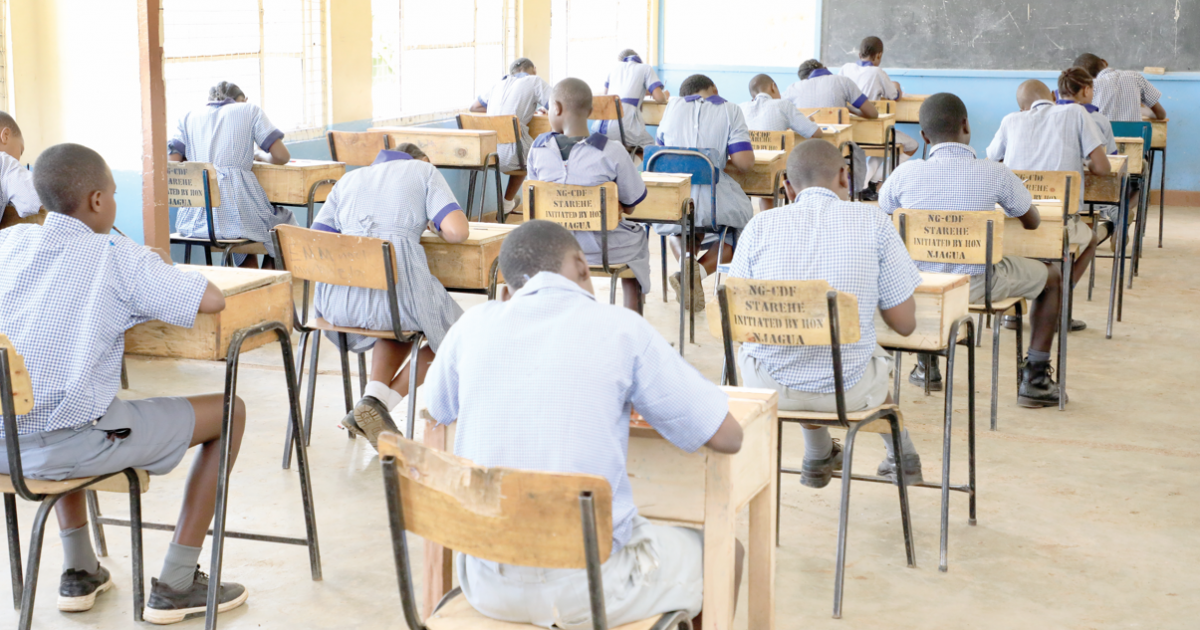
The national examiner has explained why a supplementary exam could not be immediately administered to the 2,000 students who failed to sit the Kenya Certificate of Primary Education (KCPE) exam last year.
Kenya National Examinations Council (KNEC) chief executive David Njengere said the supplementary exam was called off because the number of candidates was too low to justify a special test.
He said KCPE is a norm-referenced exam, which means comparing one child to another to get a normal curve and subsequently place them in secondary schools.
He said KCPE helps in placement of learners in various categories of schools namely national, extra-county, county or sub-county and that is why it is standardised.
“If you want to conduct a norm-referenced exam, you have to apply a lot of statistical information to compare one child to the other. If you fall below a certain threshold in terms of numbers, then you will not be able to conduct a normal norm-referenced exam because how do you compare only 2,000 candidates and how will you standardise? The population is too small to do a normal norm referenced exam. At least when we had 9,000 the number was a bit big,” the CEO explained.
He said the cost aspect was also put into consideration, saying already, KNEC had incurred full cost of printing the exam for the 9,000 but they did not show up.
“So why would we start incurring another cost for 2,000 learners and we are not even sure that they will show up? That is why we said there is another avenue for them to be placed in Form One. The qualifying exam requirement is that you just sit for it anytime before you register for KCSE,” he explained.
So far, the 2,000 candidates who did not to sit last year’s KCPE are yet to make a request to sit the qualifying exam.
Njengere, however said the students still have three years to sit the qualifying exam before they can sit their KCSE in 2027.
“To get that data, we had to ask the schools that had registered where the children are and they could only account for 2,000. KNEC was trying to reach out because this was the last KCPE but so far none has reached out,” he said.
“They have three years to make sure they do a qualifying exam, the way we administer there is no problem with numbers because it is not a high stake exam. In fact, we are always administering it,” added Njengere.
When Education Cabinet Secretary, Ezekiel Machogu released the 2023 KCPE examination last November, he said that KNEC would administer a supplementary examination for 9,000 candidates who failed to sit the exam.
But upon a further audit of the number of candidates who actually failed to sit the exams, the council was only able to trace 2,000 eligible learners.
“Since the number so far located is small to warrant a national examination, it has been decided that the 2,000 candidates join Form One starting and be allowed to sit qualifying examinations later,” the CS explained.
They will, however, be advised to ensure they sit their individual qualifying exam by the time they are in Form Three to enable them be registered to sit the KCSE at Form Four. Njengere said that KCPE and KCSE are distinct exams with a different approach and outcome.
The chief executive said KCSE is criterion referenced because its purpose is to help in showing a student’s strength and weaknesses and which careers they can pursue at the tertiary level.
Njengere has said that registration for this year’s Kenya Primary School Education Assessment (KPSEA) and KCSE registration will start on January 29 and end on March 29, a two months’ period.
He said the period is more than adequate for schools to register and validate the data to ensure that all bonafide candidates’ details are uploaded and that the data is accurate.
The CEO also explained that KCSE exam materials will be personalized to individual candidates and therefore candidates who will not be in the registration database at the end of the registration period will not have examination papers at the end of the year.
“There will be no late registration. There will be no room to change photographs after the registration portal is closed,” the CEO stated.
Similarly, Njengere noted that centre Managers will be held responsible for ‘ghost’ candidates and will be expected to account for all absent candidates.
Parents and guardians have also been urged to have all the documents necessary for this process beforehand.




